Partners
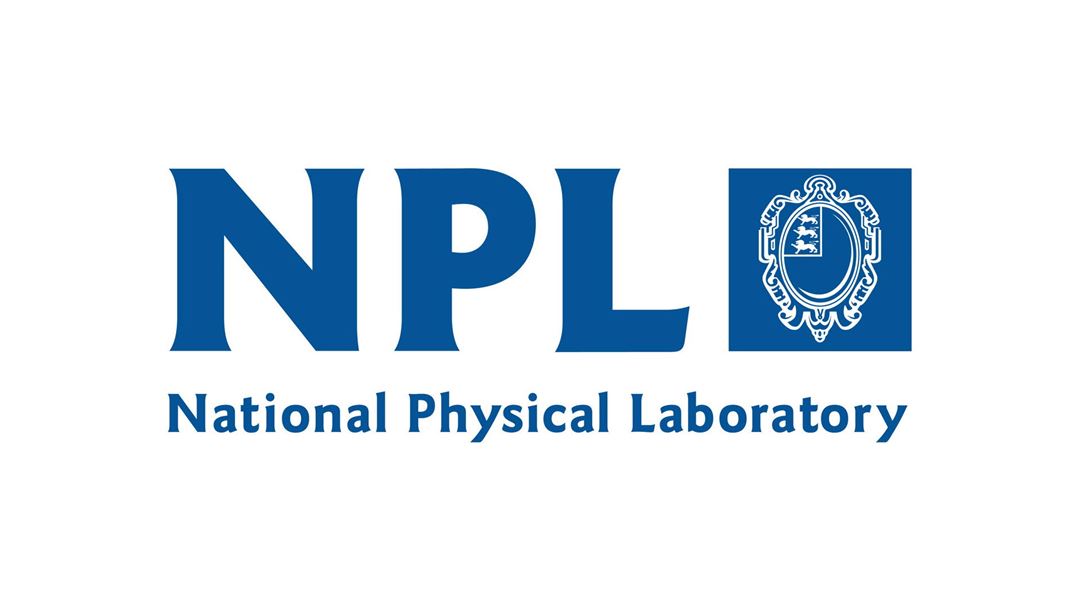
The National Physical Laboratory (NPL) is the UK’s national metrology institute and is a world-leading centre of excellence in developing and applying the most accurate measurement standards, science and technology available. NPL standards underpin an infrastructure of traceability throughout the UK and the world that ensures accuracy and consistency of measurement.
NPL’s contributions in this project span electrochemistry, humidity and gas metrology The NPL Gas Metrology Group has a world-leading capability in the accurate production and analysis of standard gas mixtures with 22 full-time staff and accreditation to ISO17025 and ISO17034. In the field of energy gases, NPL produces and analyses gas mixtures that underpin measurements of natural gas, odorants, biogas, LPG & LNG and hydrogen quality. NPL’s labs are equipped with a range of state of the art analytical instruments such as SIFT-MS, FTIR, CRDS, GC-ECD-SCD, PDHID etc. The group also plays a leading role at CCQM and EURAMET and in standardisation committees, including ISO TC 158 (analysis of gases), ISO TC 197 (hydrogen).
The NPL Temperature and Humidity Group has world-leading expertise in developing and applying primary standard facilities for testing and calibration of hygrometers in a variety of background gases including hydrogen.
NPL’s electrochemistry group has world-leading expertise in the development of in situ diagnostic techniques, modelling tools and standard test methods for emerging electrochemical energy conversion and storage technologies, such as Li-ion batteries, fuel cells and electrolysers. The group has strong links with industry and academia, ensuring that the impact of NPL research is maximised.
In 19ENG04 MetroHyVe 2, NPL will be actively involved as project coordinator and will provide extensive laboratory fuel cell testing; hydrogen fuel analysis, sampling and preparation of primary reference gas materials; expertise and primary reference for water vapour amount fraction in hydrogen fuel, and work associated with all of these in WP2, WP3, WP4 and WP5.
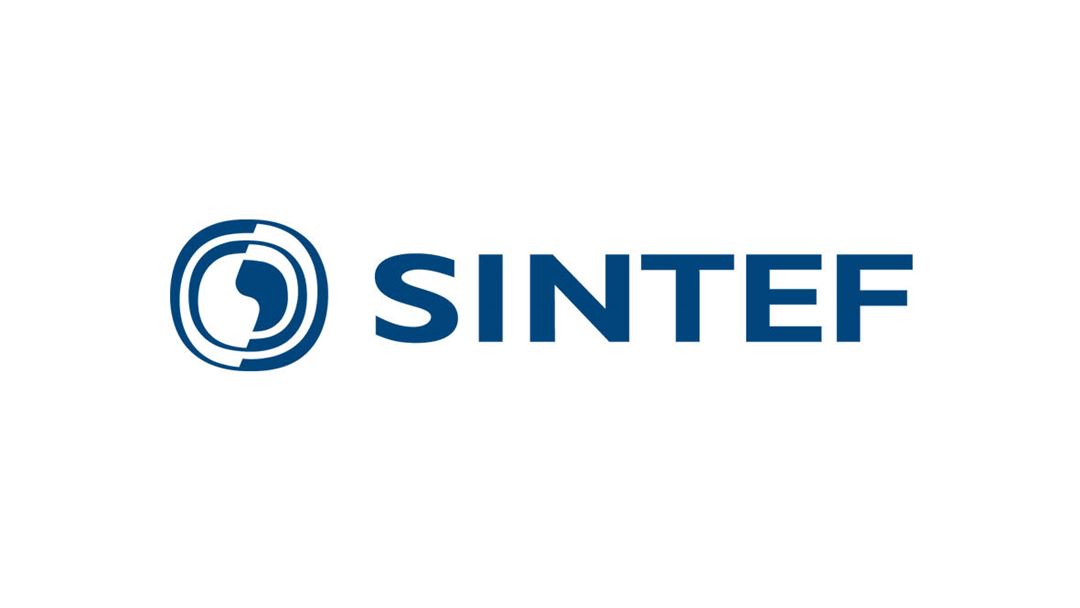
SINTEF is an independent research institution affiliated to the Norwegian University of Science and Technology (NTNU). It is a multidisciplinary contract research organization that performs research and development in technology. SINTEF has around 2000 employees from 70 countries (2015), and a net turnover of 350 M€ in 2015.
SINTEF Industry is a division within the SINTEF Group with 500 employees, and around 30 associated professors, covering fundamental and industrial research related to materials and processes. The New Energy Solutions group within Department of Energy Conversion and Materials has specialized in electrochemical energy conversion technologies. The main focus is on research related to PEM fuel cells and electrolysis cells and inorganic material chemistry. The group is highly experienced with various electrochemical and physical characterization techniques. In the area of PEM fuel cells and electrolysers, recent research activities have focus on studies of degradation of PEM fuel cells and especially metal-based bipolar plates In situ characterization is mainly based on electrochemical techniques and local temperature measurements together with online effluent monitoring by GC-MS and FTIR as well as analysis of liquid by LC. SINTEF also possesses a lot of equipment for analysis of thin films (BPP) like XRD, SEM (EDS), TEM, XPS and STM etc. Staff members of DECM located in Oslo also has a lot of experience in both production and thorough analysis of thin films for many applications. SINTEF Digital is specialising in the development of dynamic models and advanced control systems, with customers from process industry, marine systems, manufacturing, health care, and oil and gas industry. In particular, the department is one of the few sites worldwide with specific expertise at the crossroads of control systems and fuel cells. The department has extensive experience in software development and implementation of control systems for industrial use. Through SINTEF TTO, expertise in IP management and patenting processes is available.
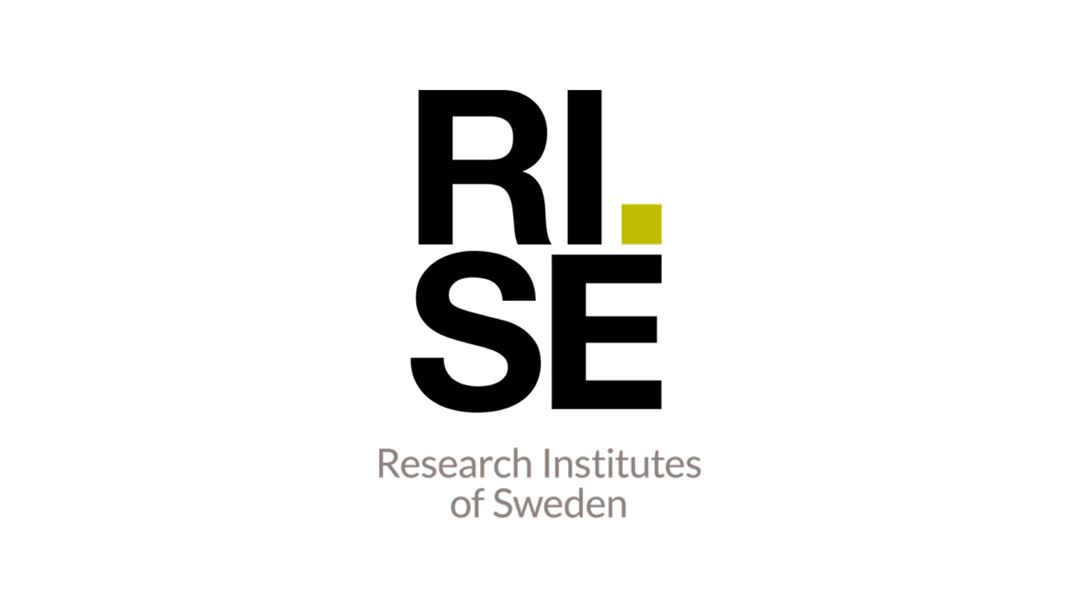
Research Institutes of Sweden AB (RISE) employees work in close cooperation with customers to create value and deliver high-quality input to all parts of the innovation chain, thus playing an important part in assisting the competitiveness of industry and its evolution towards a sustainable development. RISE co-operates globally with large and small companies, universities, RTOs and other organisations.
Regarding the area of measurement technology, RISE works in close cooperation with the industry and position themselves between users, instrument manufacturers and sales organizations with the goal to quality assure measurement data. They do this by different tasks, such as calibration, type testing, standardization, assessments, knowledge transfer, consulting and research. RISE holds the national laboratory in Sweden for volume, flow and temperature and has a variety of flow calibration facilities. RISE has organized and taken part in many European inter-comparisons and also in three of the relevant key-comparisons and proven its capability. RISE has a strong profile towards calibration, education and consulting directed to process industry (petroleum, food, power, district heating, paper and nuclear power, chemical and pharmaceutical).

VTT Technical Research Centre of Finland Ltd (VTT) is a state owned and controlled non-profit limited liability company established by law and operating under the ownership steering of the Finnish Ministry of Employment and the Economy. VTT carries out research and innovation activities for the needs of industry and knowledge-based society. In 2018, VTT’s net turnover was 160 million € and other operational incomes were 81 million €, with highly educated personnel of 2049.
VTT’s contribution to the targets and priorities of Europe 2020 strategy is channelled through close collaboration with the Finnish Ministry of Employment and the Economy, with regional innovation networks throughout Finland and with numerous European platforms and partnerships. Within Horizon 2020, VTT aims at renewal of European industrial value chains and strengthening of dynamic ecosystems addressing Societal Challenges.
VTT has a vast experience of various EU projects. In 2017, VTT was involved in 404 EU-funded research projects (218 within H2020). Ranked among the leading European RTOs, VTT is committed to responsible collaboration for achieving the Europe 2020 goals by networking with Finnish and European actors in the global context.
VTT Fuel cell solutions group has a long experience in system level PEMFC research, which and have been documented in several peer-reviewed journal articles. VTT was coordinator of HYDRAITE and HyCoRA projects. In earlier projects, VTT has developed a miniature automotive PEMFC test system with anode recirculation, controlled impurity feed and online sampling and analysis with gas chromatography.
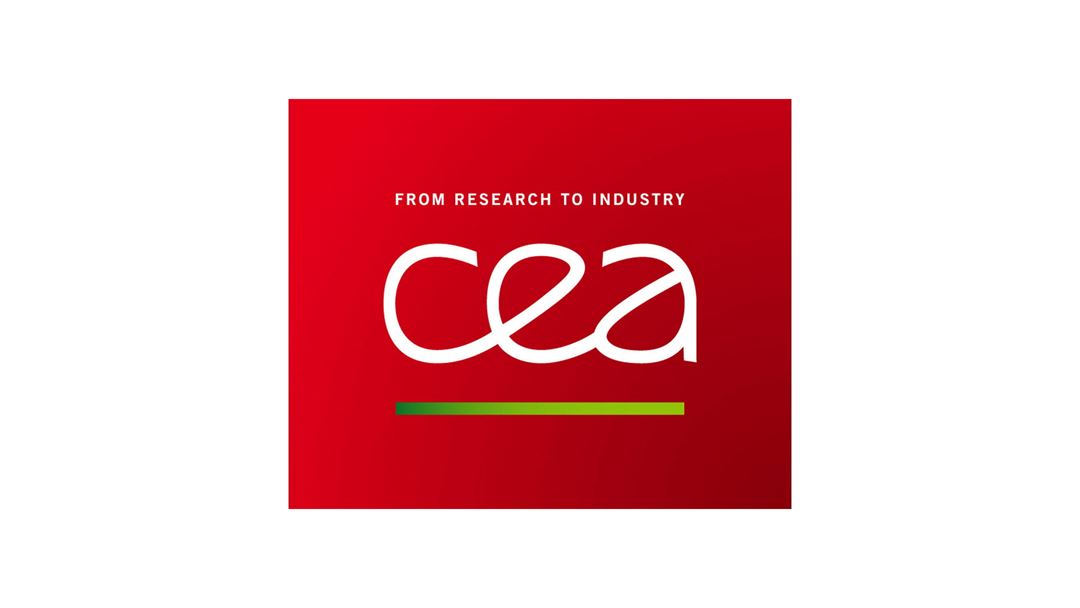
CEA Liten is a technological research institute dedicated to new energy technologies (photovoltaic, batteries, Hydrogen and fuel cells) and nano-materials research. Within the Liten/DEHT (Electricity and Hydrogen technologies for the Transports Department) more than 50 persons work in R&D of PEM Fuel Cells and PEM Water Electrolysers, coupling experimental and modelling investigations from stack components development up to system integration for various applications (road, aviation, marine).
CEA has developed competencies in the testing of PEMFCs (single cells and stacks) and of FC systems with the development and application of protocols for several purposes, like performance evaluation for different conditions, degradation understanding and durability studies and strategies regarding overall system efficiency.
Many investigations are conducted on fuel cells operating with non-pure Hydrogen, mainly considering the impact of CO on performance losses on the short and long-term. Experiments performed during HYQ, HYCORA and HYDRAITE (on going) have allowed to improve the testing equipment for a better simulation of real systems thanks to fuel recirculation and to implement online analyses of gases composition during stack operation.
CEA has also gained expertise in other fields of interest for this project with the coordination of: SECOND ACT, focused on the degradation understanding using advanced tools (characterization and modelling) and lifetime enhancement; COBRA, dedicated to new coating solutions for metallic bipolar plates up to integration of the PEMFC stack in a car; or ID-FAST, looking for new accelerated stress tests more representative of real world and the participation as a partner in projects dedicated to PEMFC stack or protocols development like AutoStackCORE and STACKTEST.
CEA will be involved in WP2 as contributor to the development of online gas analysers and sensors with devices based on a PEMFC and most technical efforts will be in WP4 for the development and assessment of procedures for measurements on PEMFC stacks with fuel impurities.
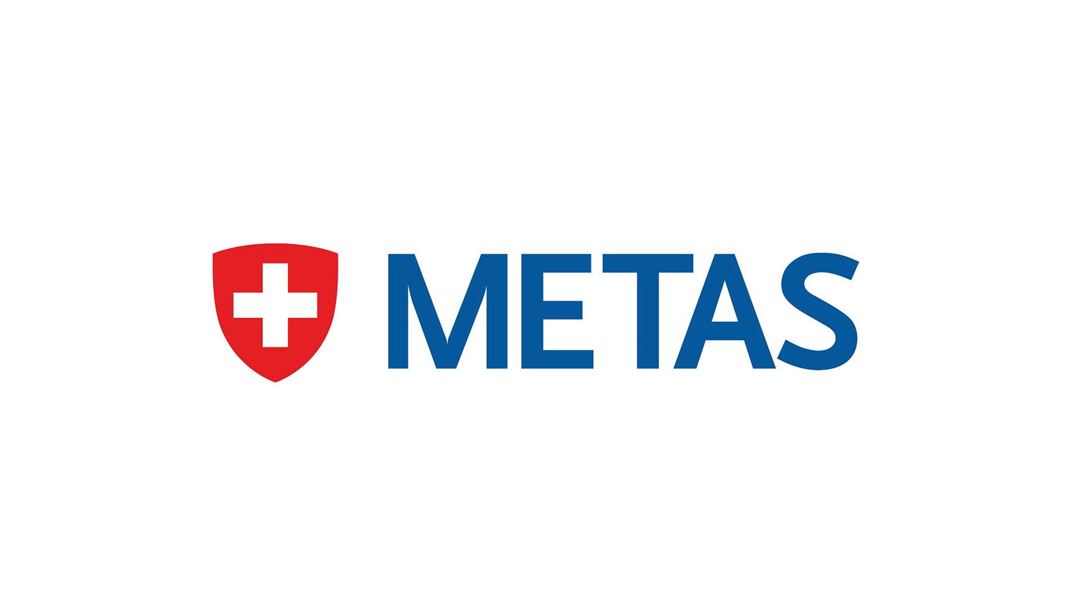
METAS is the Swiss national metrology institute. It realises and disseminates internationally harmonised and recognised units of measurement with the necessary accuracy. One of its technical fields is Flow.
Relevant available equipment:
The flow laboratory includes a broad range of primary standards for liquid and gas flow with declared certified measuring capabilities.
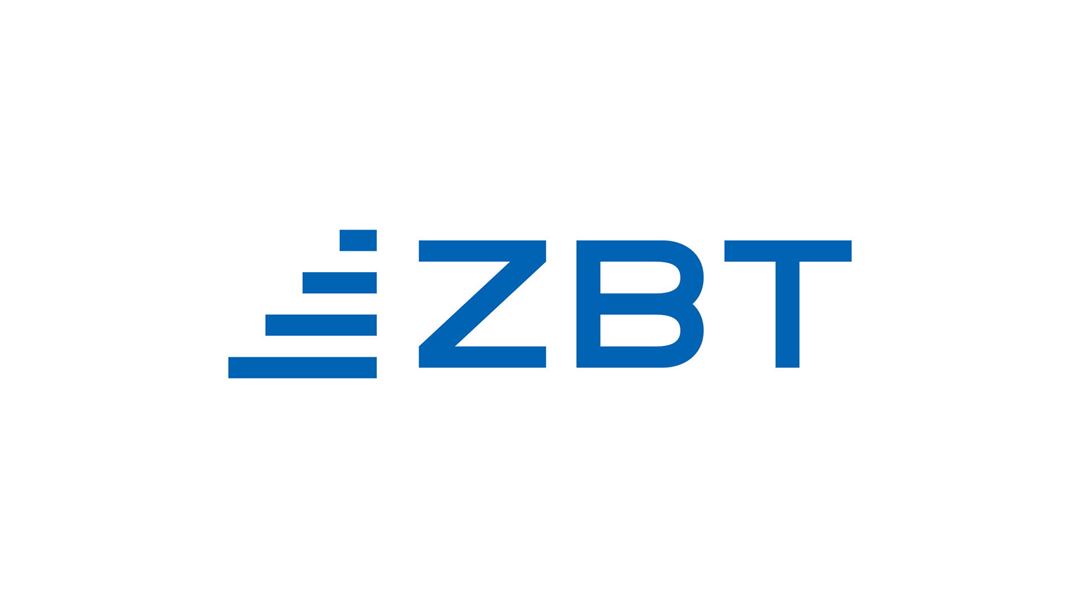
The Zentrum für BrennstoffzellenTechnik GmbH (ZBT) was founded as fuel cell research centre in 2001 by the State of North-Rhine Westphalia and the European Fund for Regional Development and is located in Duisburg, Germany. Focusing on application-oriented R&D ZBT bridges the gap between basic research at the University and requirements of industry. Today ZBT acts as established partner of industry, research institutions and universities in the field of fuel cell, hydrogen and battery technology as well as novel energy technologies. About 90 full time employees work in seven departments: fuel processing, fuel cells and systems, electrochemistry and coating, micro systems and fluid mechanics, hydrogen and batteries, production technology, quality assurance and testing. ZBT is a non-profit, limited company, CEO is Prof. Dr. Angelika Heinzel and shareholder is the University Duisburg-Essen.
With focus on FCEV ZBT further develops and optimizes hydrogen fuel cells, its components and the needed hydrogen infrastructure. Therefore, ZBT has a long experience in testing of automotive fuel cells (single cells and short stack) including different operation conditions and with various contaminants. In the sector of trace gas analysis down to the ppb-level for fuels and process gases (especially Sulphur components in fuels like natural gas or LPG) ZBT is established as one of the leading R&D partners. As activities in the field of hydrogen quality an accompanying research project in parallel to the installation and commissioning of the HRS in Düsseldorf and a test campaign for analyzing the hydrogen quality at the CEP HRS have been performed. From April 2017 ZBT started to establish analytic equipment for measuring the hydrogen quality according to the ISO 14687-2 within a national project (“Hy-Lab”). Also, in this project, which is coordinated by ZBT an optimized hydrogen sampling procedure is developed. Furthermore, ZBT is working on hydrogen and fuel cell RCS in various technical commissions.
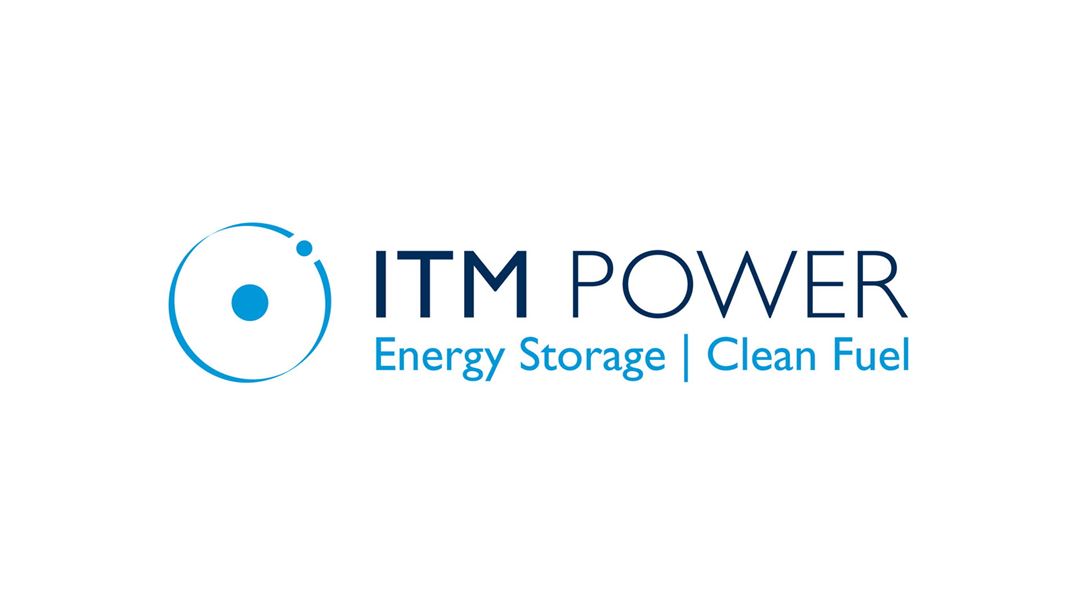
ITM Power is an AIM-listed company incorporated, registered and operating in England. We have a first-class team of engineers and scientists, based at two facilities in Sheffield, in the United Kingdom. ITM Power has both a strong base of intellectual property and engineering expertise for providing complete hydrogen solutions and CE marked products for sale. ITM Power designs and manufactures Hydrogen Energy Systems for Energy Storage and Clean Fuel production. The HFuel system is based on ITM’s PEM electrolysis technology, the system is capable of generating hydrogen and contains the necessary equipment to purify, compress, store and dispense hydrogen gas to hydrogen fuel cell vehicles. The HFuel systems are packaged in standard ISO shipping containers and controlled via PLC. The core hydrogen generation module is based on a number of PEM electrolyser stacks. Hydrogen can be generated at a pressure of 20bar (options allow up to 80bar). Gas drying equipment is included enabling the output gas to conform to the standards required for use in hydrogen fuel cell electric vehicles (FCEV). The refuelling module compresses the hydrogen gas and fills a high pressure store which supplies gas to the SAE J2601 compliant refuelling nozzle. HFuel systems are available in a range of sizes and capacities, ranging from small systems suitable for refuelling small fleets and for use at depots, through to large refuelling stations suitable for use as part of a national infrastructure. The integrated system is CE marked and is installed in accordance with all relevant codes and standards. The HFuel systems are supplied with training materials, declaration of conformity and user manual. HGas brings together rapid response and self-pressuring PEM electrolysers into MW scale integrated packages, generating hydrogen at pressures suitable for either direct injection into natural gas networks or via methanation processes without additional compressions. A modular philosophy allows 1MW of electrolysis to be accommodated within standard ISO containers. ITM has power to gas electrolysers deployed in Germany, and is developing projects in the UK and across Europe and the US. As well as providing hydrogen plant, ITM also has experience all aspects of deploying hydrogen systems.
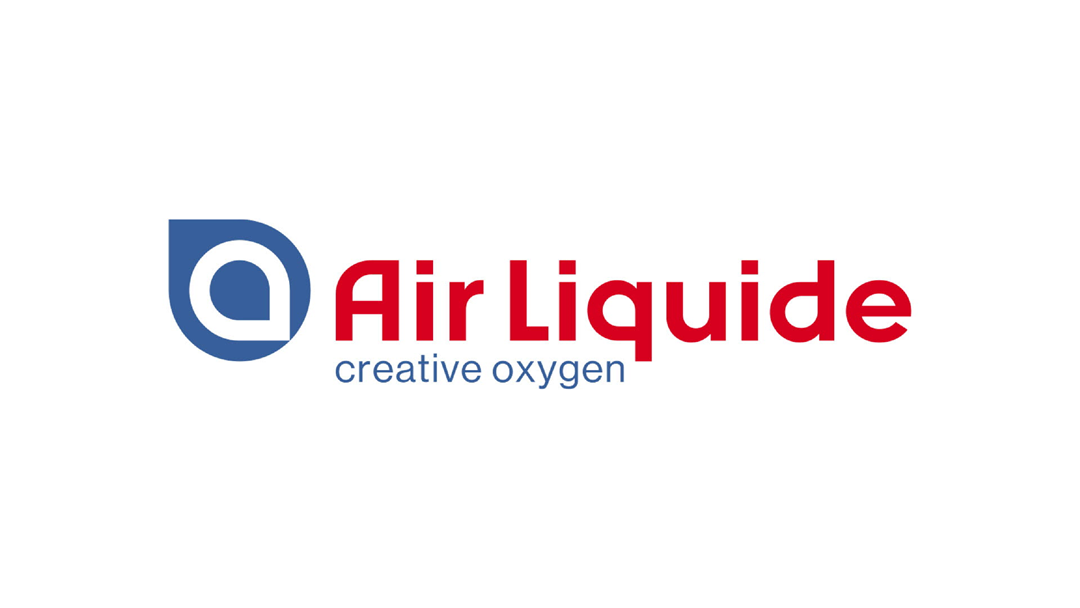
Air Liquide, a French-based group founded in 1902, is the world leader in industrial, medical and environment gases with revenues of 20 billion € and more than 68,000 employees in 2015 (including Airgas acquisition). Its core business is to supply oxygen, nitrogen, hydrogen and many other gases, services and innovative solutions to most industries in more than 80 countries. In the hydrogen sector, Air Liquide produces around 1 million of tons of H2 per year for steel, glass, chemical and food industries but mainly for refineries. The Group operates a large distribution network, which includes gaseous tube trailers, liquid trailers, cylinders and bundles but also the largest European hydrogen pipeline network. Air Liquide has developed a strong expertise in H2 sampling and analysis by participating to European projects and by developing sampling and analysis tool for hydrogen purity analysis.
Air Liquide is also a key contributor to the development of Regulations Codes and Standards for gas equipment, gas mixtures and gas analysis through direct participation to the relevant CEN and ISO working groups (in particular ISO/TC 197 and CEN 268/WG5 on hydrogen technologies), with leadership roles in the gas industry's professional associations (EIGA in Europe and CGA in North America).
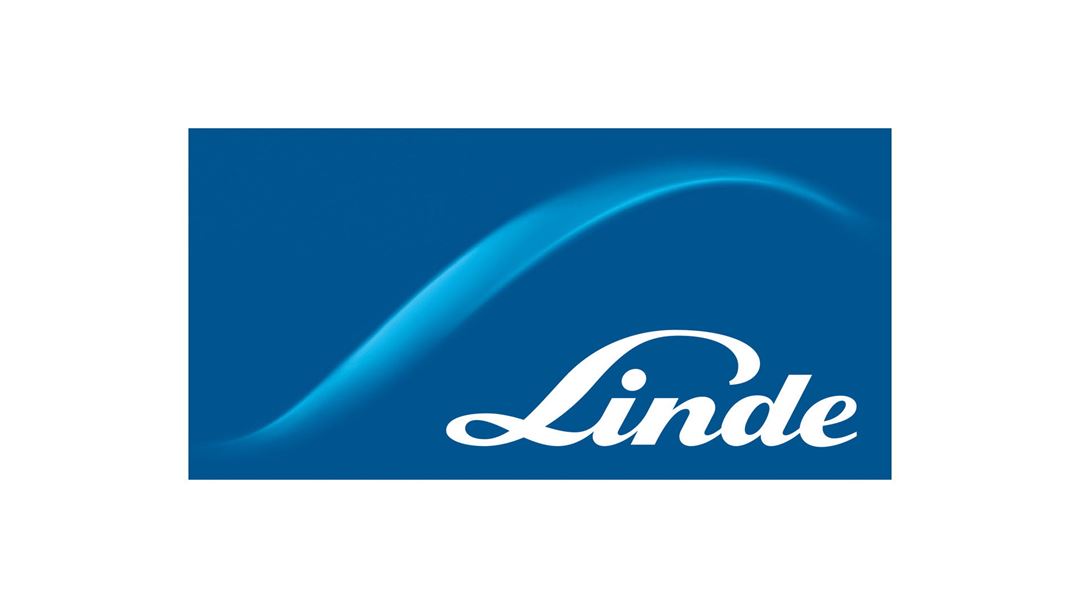
Linde is a leading global industrial gases and engineering company with 2019 sales of €25 billion. Linde operates a Test and Calibration laboratory according ISO 17025 and an ISO 17034 production for secondary Standards and Reference Materials. We support high-quality industrial laboratories and industry with accredited mixtures.
In combination with a huge knowledge in producing of gas mixtures from about 500 available components in a ppb to % range, we cover a broad portfolio of analytic measurements in our laboratories. Our experience in producing and analysing gas mixtures in the low ppb to ppt level is a key for a qualified research of impurities in hydrogen. As example we have and still develop unique measurement methods (Ion chromatography and high pressure FTIR). In combination with well-known measurement systems (electrochemical cell, SCD (Sulphur chemilumiscence detector), GC’s, UV-VIS, acoustic detector, cavity ring down) it is possible to measure impurities in hydrogen for our quality control as well as for the high purity hydrogen 7.0 quality for semi conduction industry in past and future.
Pre-treatment of cylinders is a crucial part of the production of stable mixtures, especially on low concentration levels of reactant components. Therefore, Linde aims at improving the pre-treatment methods as well as the properties of the cylinder surface. We established an advanced method for automated cylinder pre-treatment by applying temperature and pressure to achieve reliable results. As a next step a novel coating plant is under development for minimising the interaction between component and cylinder wall.
Linde will be involved in quality control (WP2) and sampling (WP3).

In addition to holding the UK National Standards for Flow Measurement, NEL is actively involved in flow metrology research (for example, leading the EMRP ENG58 project MultiFlowMet - Multiphase flow metrology in oil and gas production), standards activities (NEL currently holds the chair of ISO/TC30 - Measurement of fluid flow in closed conduits) and development of flow metrology facilities (including designing new national multiphase flow measurement facilities for clients in other countries).
Within the scope of this project NEL will use its high pressure gas flow loop, operating in dry gas mode, to investigate the performance of transfer-standard flow meters operating at flow rates and gas densities corresponding to those experienced by flow meters used in HRSs operating at pressures between 350 and 700 bar. NEL will use its elevated pressure and temperature flow facility to investigate the effects of elevated pressure on the performance of the same transfer-standard flow meters.

ENGIE is a global reference in low-carbon energy and services with 160,000 employees and a turnover of 60.6 billion Euros in 2018. In response to the urgency of climate change, the ambition is to become the world leader in the zero-carbon transition “as a service” for the customers, in particular global companies and local authorities. The group rely on their key activities (renewable energy, gas, services) to offer competitive turnkey solutions. From several years, ENGIE is involved in the development of green gases pathways such as biomethane from methanization, gasification and methanation and hydrogen both for gas grid injection and mobility applications. ENGIE operate around 10 Hydrogen refueling station in 2020 with more than 30 planned before 2023.
ENGIE Lab CRIGEN is the corporate R&D center of ENGIE Group, dedicated to gas and new energies. It conducts operational R&D projects and develops pilots for the Business Units, corporate entities of ENGIE and external customers, in an effort to master tomorrow’s technologies, bring them to maturity, and prepare the Energy Transition. ENGIE Lab CRIGEN creates value through innovative low-carbon solutions for ENGIE’s customers and innovative solutions to improve operational excellence of industrial assets. Regarding hydrogen ENGIE Lab CRIGEN is involved from more than 15 years in the whole value chain, on technological R&D and expertise (production, transport, distribution and uses), process modelling and simulation, tools development implemented in pilots and demonstrators. ENGIE lab CRIGEN has an expertise in green gas production and quality analysis and will be involved gas sampling and analysis activities and in particular in the development and testing of a new spot online analysis at HRS nozzle.

Empa is a public research and service institution for materials sciences and technology, employing around 1’000 scientists and technicians (thereof 150 as PhD candidates). Empa conducts cutting-edge materials and technology research, generating interdisciplinary solutions to help overcome major challenges faced by industry, and creates the necessary scientific basis to ensure that our society develops in a sustainable manner. Together with partners from industry, Empa turns research results into marketable innovations. As an institution of the ETH Domain, Empa is committed to excellence in all its activities. The priorities of Empa’s research are structured in five Research Focus Areas (RFA) with the following topics:
- Nanostructured Materials
- Sustainable Build Environment
- Health and Performance
- Natural Resources and Pollutants
- Energy
Five specialist departments with 28 laboratories form Empa’s backbone. In the project at hand scientists from the department Mobility, Energy and Environment will be involved. This department focuses on mobility based fluxes of pollutants in the exhaust as well as in the free atmosphere, and develops methods to reduce these fluxes. This is our contribution to the reduction of the pollution of the atmospheric boundary layer as well as of the emission of greenhouse gases. Within the scope of various projects Empa conducts investigations on gaseous fuels and the technology Power-to-Gas including the realization of a 0.2 MW demonstration plant called “move”.
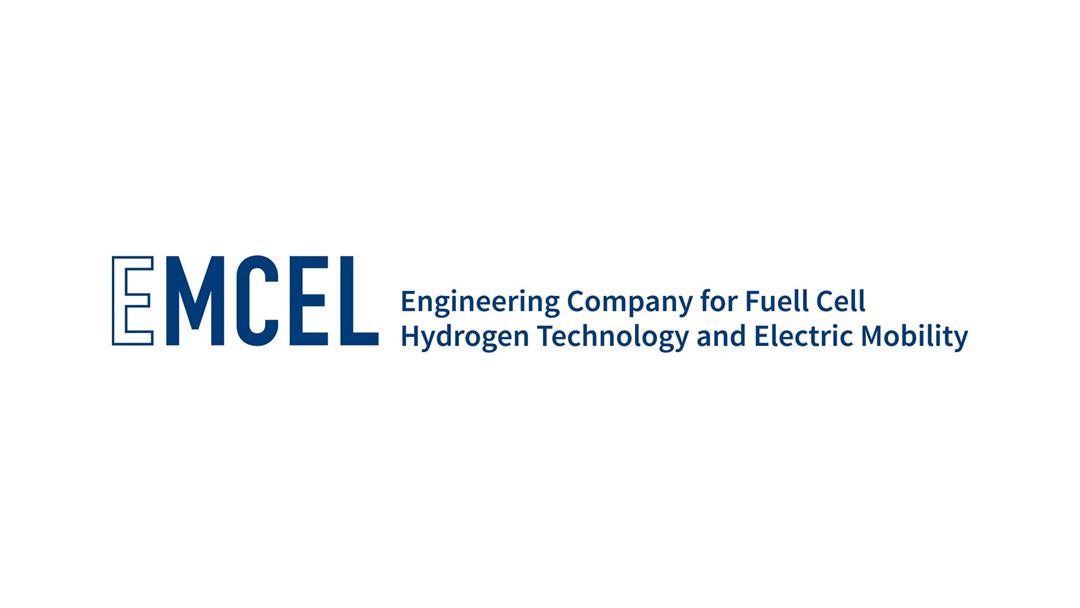
EMCEL is an engineering company with its registered office in Cologne, Germany. Our team is comprised of experienced engineers from the specialist fields of vehicle engineering, mechanical engineering, electrical engineering and renewable energies. The team consists of around 20 employees and students. We offer advice, engineering and service specifically in the subject areas of:
- Fuel cells
- Hydrogen technology and measurements
- Renewable Energies
We have now developed a decade of specific know-how in various sectors:
- Consulting on electrically powered local public transport
- Technology consulting on fuel cells, hydrogen and EMCEL electrolysis
- Creation of studies, specialist articles and brochures
- Product and system development
- Service and maintenance of batteries and fuel cell buses and systems
- Measurement of hydrogen quality
Together with partners EMCEL has developed a measuring device (GC-IMS) for online measurements of impurities in hydrogen. The devices are successfully used in the past four years at HRS. Moreover, EMCEL provides the measurement of hydrogen samples in a laboratory.
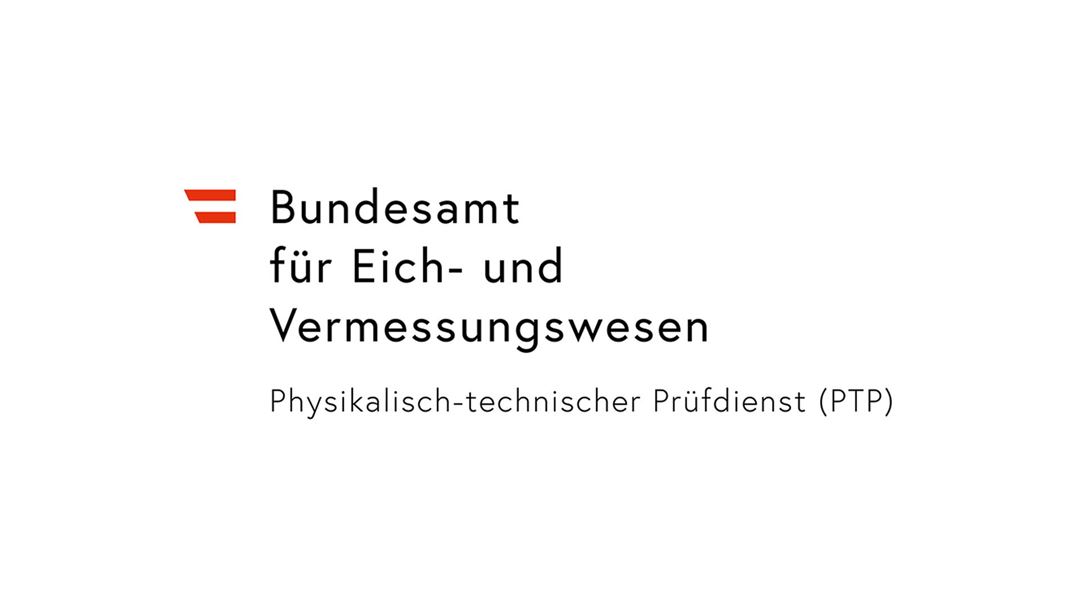
The main responsibilities of the laboratory are to carry out type approval tests and calibrations of fuel dispensers and conduct general scientific analysis in flow sensors. Most of the national metrology research has been done for European and key comparisons. BEV/PTP has an active role in the development and collaboration in national and international standards organisations in the section of flow measurements.
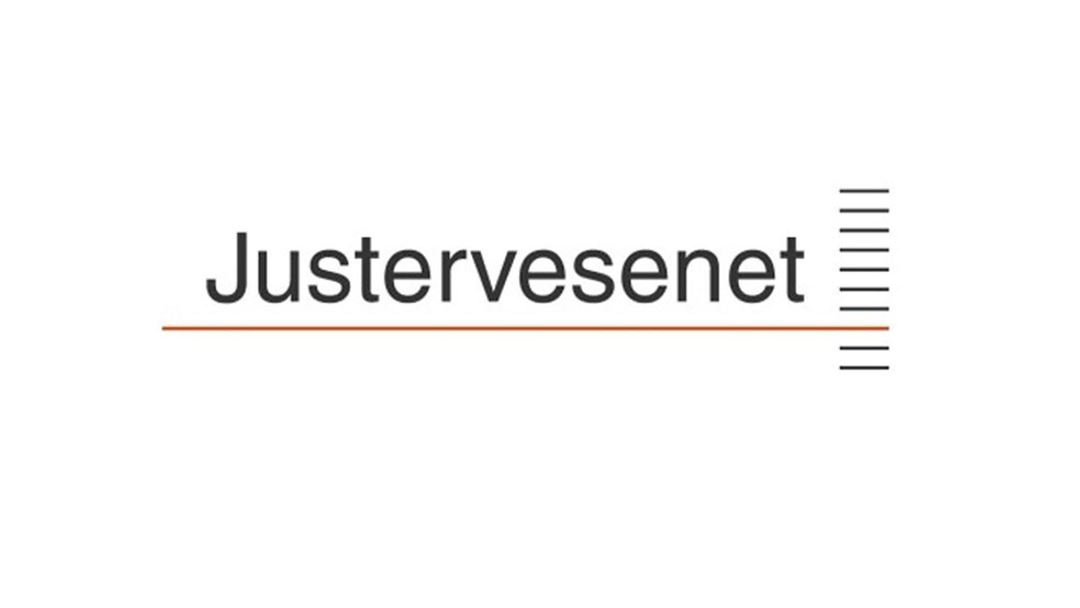
Justervesenet (JV) is the Norwegian national metrology institute and the national regulator for metrology and notified body for MID and NAWI in Norway. JV has a long history and experience with liquid flow measurements for both water and liquids other than water. The national metrology research activities are for several projects closely related to our legal metrology activities (ref. EMPIR 16ENG01 MetroHyVe and ENG03 LNG, ENG60 LNG II and 16ENG09 LNH III). These activities enable good understanding of “in field” challenges combined with application of metrological traceability for in field measurements. JV has long experience on measurement uncertainty evaluation through training, education and validation.
JV will be involved in WP1 on flow measurement.
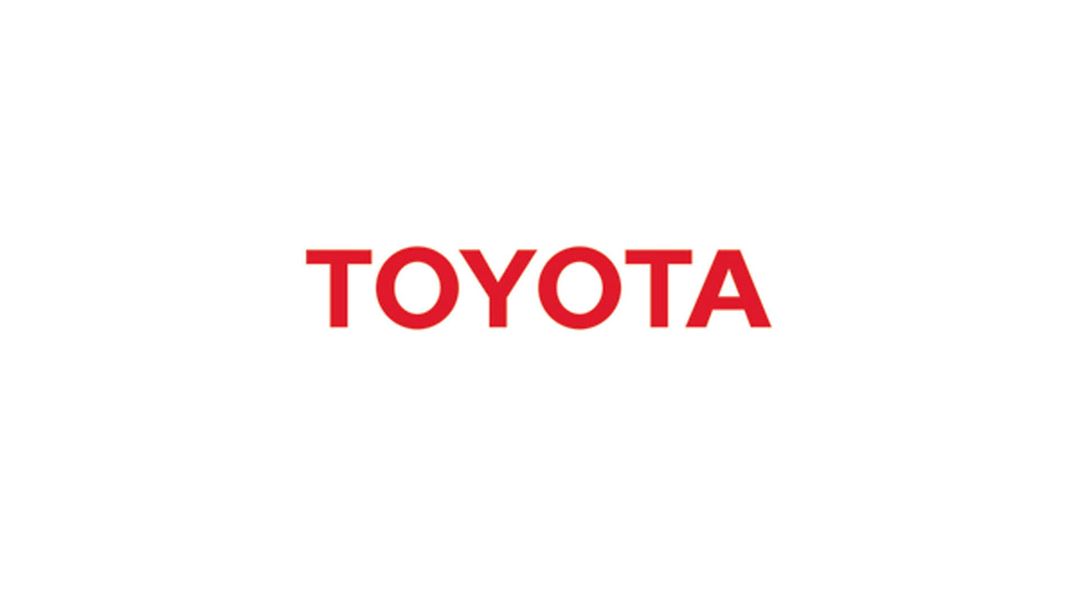
Toyota Motor Europe (TME) is a car manufacturer with a sales share of 5% in Europe (2018). Since 2015, Toyota is producing the Toyota Mirai, one of the 1st mass produced Fuel Cell Electrical Vehicles in the world. Currently, 3 000 Mirais are produced at a global level while from 2020, 30 000 fuel cell stacks for various applications will be manufactured. As H2 quality is from utmost importance for the durable operation of the fuel cell, TME wishes to collaborate with the H2 society and also takes part in other key European research projects like MetroHyVe and HYDRAITE as stakeholder in the advisory board.
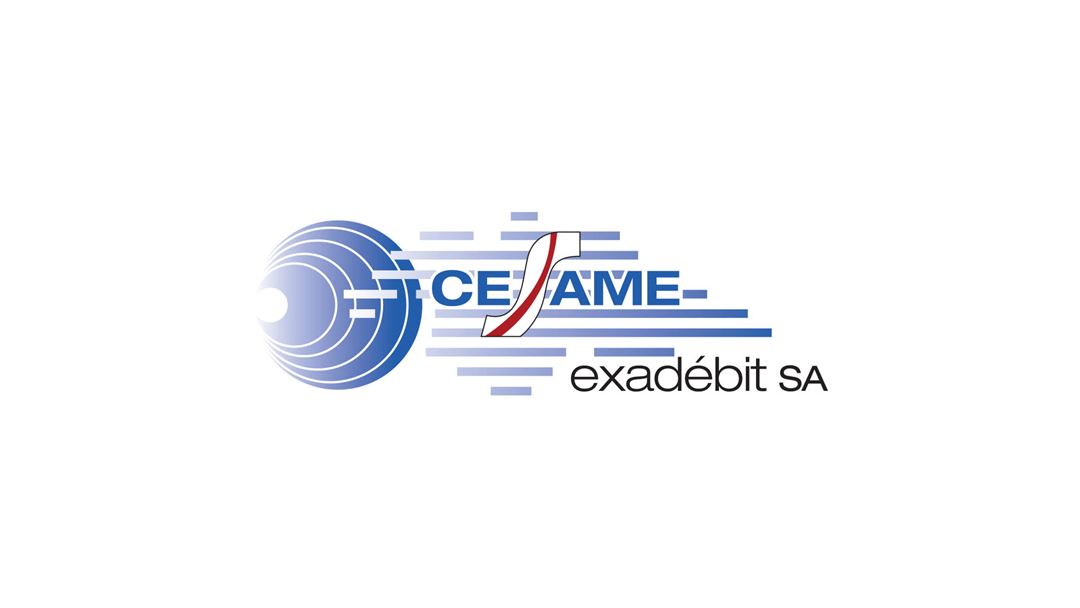
CESAME-EXADEBIT is the Laboratory Associated with Gas Flow Measurement (in French - LADG) for the LNE (French National Metrological Institute). Therefore, it is the laboratory associated with the LNE for medium and high gas flows. The objective of CESAME-EXADEBIT is to hold, maintain and develop the national standards within this targeted field of metrology. The traceability chain put into place by CESAME-EXADEBIT is made up of a primary test rig PVTt of nozzle calibration and two secondary rigs for meter calibration, on which sonic nozzles are used as the transfer standard.
